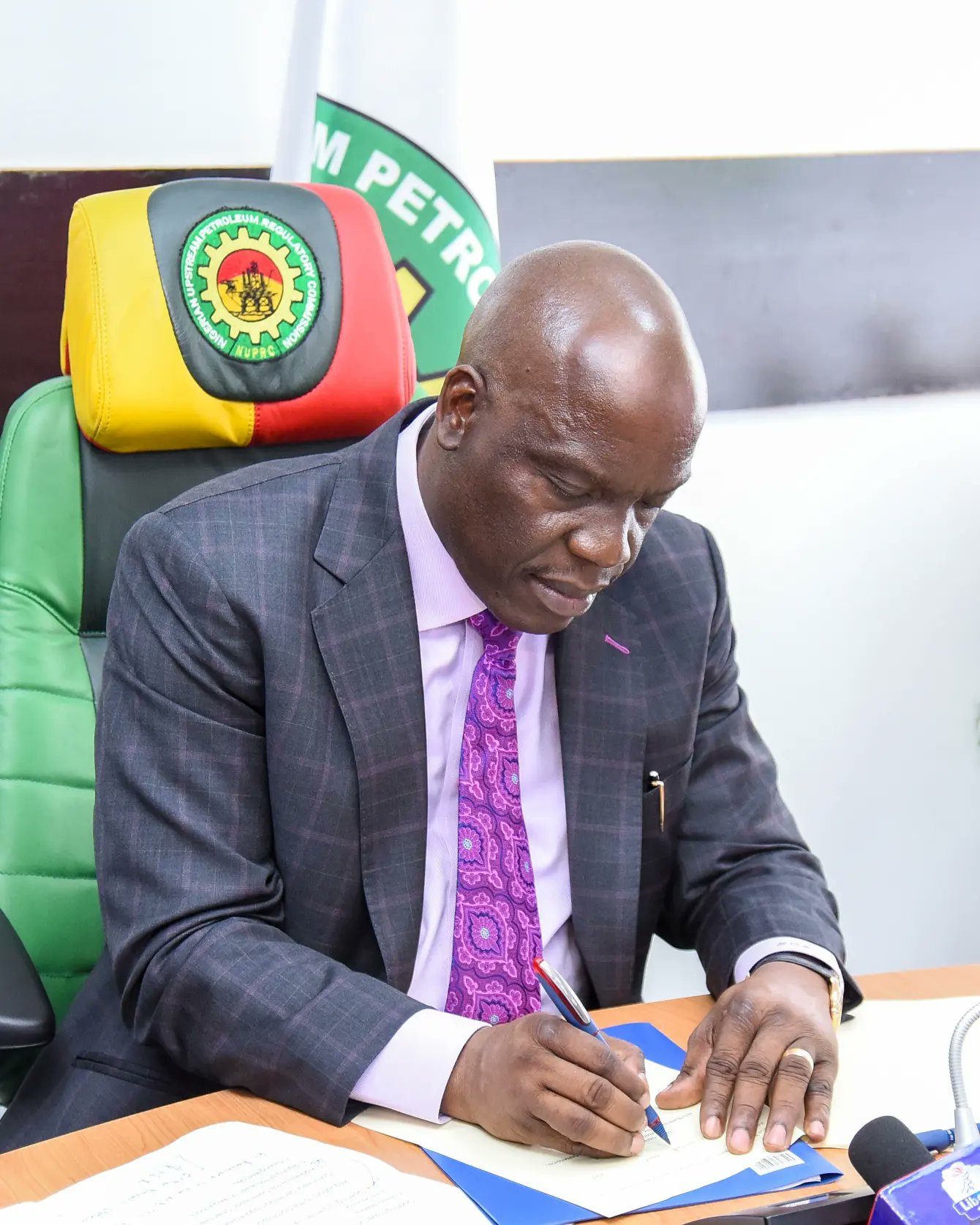Why CBN Announced New Policy On Diaspora Remittances -Emefiele

In an apparent move to deepen the foreign exchange market, provide more liquidity, and create more transparency in the administration of Diaspora Remittances into the country, the Central Bank of Nigeria (CBN) recently announced an amendment of procedures for receipt of diaspora remittances.
CBN said, with the new policy, Nigerians who receive foreign transfers such as western Union or Moneygram can withdraw it in dollars and then sell at the black market rate.
The apex bank Governor, Mr. Godwin Emefiele disclosed this in Abuja while briefing newsmen on Improving Remittance Inflows into Nigeria.
Emefiele explained that the policy was announced in an effort to liberalize, simplify and improve the receipt and administration of Diaspora remittances into Nigeria.
According to the policy, “Beneficiaries of Diaspora Remittances through International Money Transfer Operators (IMTOs) shall henceforth receive such inflows in foreign currency (US Dollars) through the designated bank of their choice.
“Such recipients of remittances may have the option of receiving these funds in foreign currency cash (US Dollars) or into their ordinary domiciliary account.
Emefiele believes that the new policy measures would help in providing a more convenient channel for Nigerians in the Diaspora to remit funds back to Nigeria, as well as ensure that these funds can contribute to the overall development of the economy.
He said, the changes were necessary to deepen the foreign exchange market, provide more liquidity, and create more transparency in the administration of Diaspora Remittances into Nigeria.
In addition, he said, the changes would help finance a future stream of investment opportunities for Nigerians in the Diaspora, while also guaranteeing that recipients of remittances would receive a market-reflective exchange rate for their inflows.
He said, “all Authorized Dealers and the general public should note that beneficiaries shall have unfettered access and utilization to such foreign currency proceeds, either in FX cash and/or in their Domiciliary Accounts, in line with our circular TED/FEM/FPC/GEN/01/010.
“In the course of following up on the implementation of the aforementioned new policies, the CBN observed some pushback by some of the IMTOs who were bent on continuing their nefarious activities of undermining our policy by attempting to resist the new policies.
“This was the reason the CBN had to insist on Wednesday, December 2, 2020, that all DMBs MUST close all Naira General Ledgers through which the Naira remittances were hitherto being carried out.
“Following the announcement of these new policy measures, the Central Bank of Nigeria, in an effort to enable smooth implementation, engaged with the commercial banks and the IMTOs to ensure that recipients of remittance inflows are able to receive their funds in the designated foreign currency of their choice.
“As a result of these engagements which took place with major IMTOs and the DMBs, today, Thursday, December 3, 2020, the stakeholders have committed that they would deploy all the necessary tools to ensure that these measures become effective from Friday, December 4, 2020.
“I therefore seize this opportunity to announce to Nigerians both at home and in the Diaspora, that the policy of recipients receiving their monies from abroad kicks off on December 4, 2020.
“All the IT systems of these IMTOs (Western Union, Moneygram and Ria services) and the DMBs have been properly configured to begin remittance tomorrow, Friday, December 4, 2020”.
Emefiele noted that in 2016, the CBN, in an effort to increase remittance inflows and improve the number of formal channels under which Nigerians in the Diaspora could remit funds, launched a licensing regime to guide the conduct and operations of IMTOs.
He said, “as a result of this new policy measure, 65 International Money Transfer Operators were licensed by the CBN for inbound remittances.
“Given the estimated annual remittance inflow of close to $24bn, which could help in improving our balance of payment position, reduce our dependence on external borrowing and mitigate the impact of COVID-19 on foreign exchange inflows into the country, the CBN sought to find ways to support improved remittance inflows into the country through official channels,” Emefiele said.
He said, “based on this premise, we analyzed data on IMTO inflows into the country over the past year, and through our investigations discovered that some IMTOs, rather than compete on improving transaction volumes and create more efficient ways for Nigerians in the Diaspora to remit funds, resorted to engaging in arbitrage arrangements on the naira-dollar exchange rate, which to a large extent resulted in a significant drop in flows into the country.
“It also encouraged the use of unsafe unofficial channels, which also supported diversion of remittance flows meant for Nigeria, thereby undermining our Foreign Exchange management framework.
“As a result, in an effort to boost remittance inflows and foster an environment that would enable faster, cheaper, and more convenient flow of remittances back to Nigeria, the Central Bank of Nigeria, on November 30, 2020, announced a new policy initiative, which would help to support these objectives. Please permit me to apprise you with the content of the new policy measures,” he said.
Supporting the policy in a chat with our correspondent, a financial Economist and Professor of Capital Market at the Nasarawa State University, Uche Uwaleke said: “The policy says the restrictions imposed on withdrawal of lodgements in dom accounts either through electronic transfers or cash have now been removed. Account holders can now withdraw such funds in dollars and sell in the forex market.
“The policy is meant to improve supply in the forex market and ease the current pressure. Exchange rate, especially in the black market, could come down as a result. So, the policy has the potential of strengthening the naira and moderating inflation rate,” he said.






